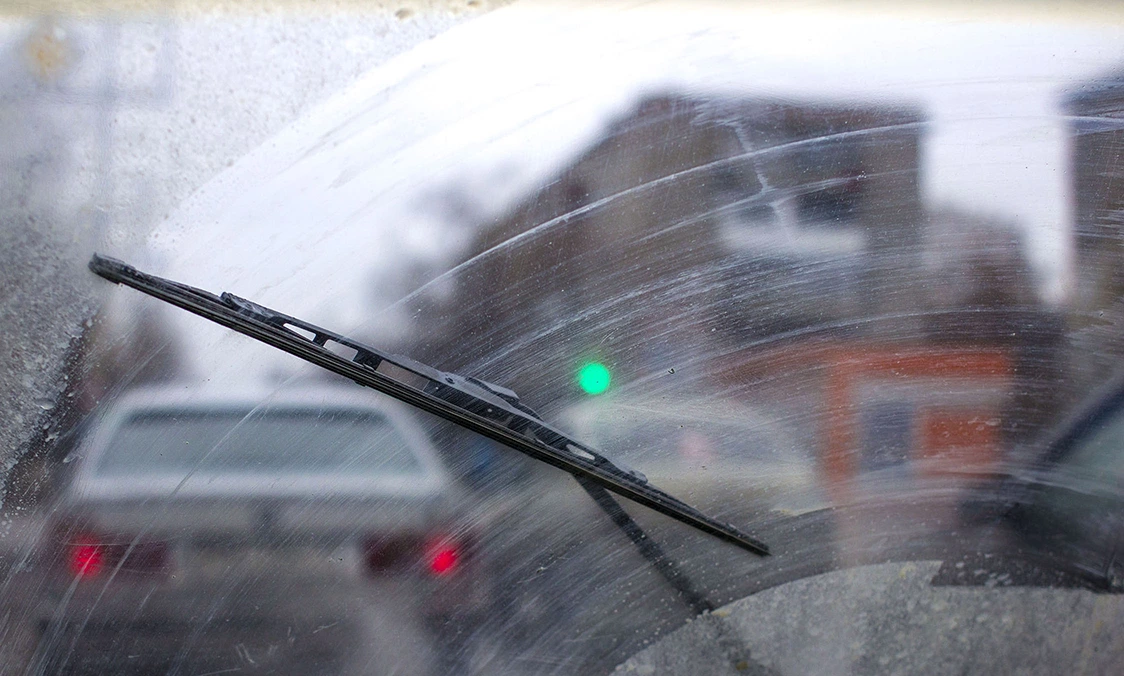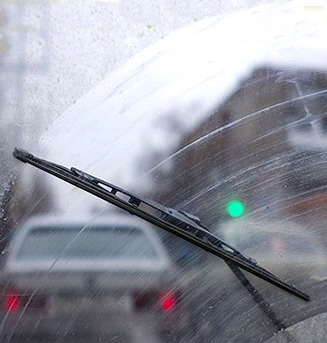Tacky or Techie? The Tachometer.
August 27, 2022
There's a gauge that many vehicles have that says RPM on it. And there are a lot of people who either don't pay any attention to it or don't even know what it is. Here's why it's a good gauge to know about.
It's called a tachometer, and that "RPM" label means it is measuring how many revolutions per minute (RPM) the engine is turning. Automotive experts know that a vehicle's engine can be damaged if it turns too fast (revving too high) or too slowly ("lugging" the engine).
A tachometer (sometimes called a tach) is almost a "must-have" gauge for vehicles with a manual transmission; the driver has to manually change gears; the tach helps the driver know when revolutions are in the optimal range.
Some say you don't need a tachometer if you drive a vehicle with an automatic transmission. It's true that most drivers of automatics don't even look at it. But there are times when paying attention to the tach can help you prevent an expensive repair.
Here's a good example. Manufacturers now build many of their automatic transmission vehicles with shift paddles. They let you shift gears without a clutch. That's manual shifting, and drivers need to know they're not revving the engine too high. That's where the tachometer comes in, since it shows you visually when you are in the red zone (RPM too high).
Here's another way the tach can help you: fuel economy. Generally speaking, the lower the RPM, the better the fuel economy. It's not good to go too low, of course, and the tachometer will help you find that spot of maximum efficiency.
You can also spot problems by paying attention to the tach. When your vehicle stays in first gear longer than usual (higher reading on the tach), then the RPM dip lower than usual after shifting, it may be that your vehicle's transmission is skipping a gear. Plus, if your vehicle's RPM go up but your speed doesn't, it could mean your transmission is slipping. Either situation should be checked by a trained technician.
If your commute takes you down some long grades, you might like to put your vehicle in a lower gear to help slow down the car (and not burn up the brakes). Having a tachometer keeps tabs on when your engine is revving too high.
So, consider the tachometer a "bonus" gauge. It's one more helpful assistant that can help you spot and prevent problems in your vehicle.
Need Service?
More articles from Star Lube & Auto Repair

Unlock the Secret (Malfunctioning Door Lock Actuator)
December 7, 2025
What a convenience power door locks are on a vehicle. The latest don't even require you to push the button on the key fob; all you have to do is have it with you. But sometimes there's a component of power door locks that can fail, especially when they are used several times each day. Those ar... More

Why Alignment Matters (Vehicle Alignment Maintenance)
November 30, 2025
It's one of those things that can happen on a multi-day road adventure or a quick trip to the grocery store. You hit a pothole, go too fast over a speed bump, nail a curb. When it happens, you think, "I wonder if that was hard enough to do any damage?" But things seem ok and you continue on yo... More

If You Drive Like a Maniac (Aggressive Driving is Bad for a Vehicle)
November 23, 2025
When someone mentions driving like a maniac, they're not talking about you, surely? Besides the safety issues of aggressive driving, you should know that your vehicle will last a lot longer if you'll just mellow out a little. Here are four traits good drivers follow if they want their vehicles t... More









